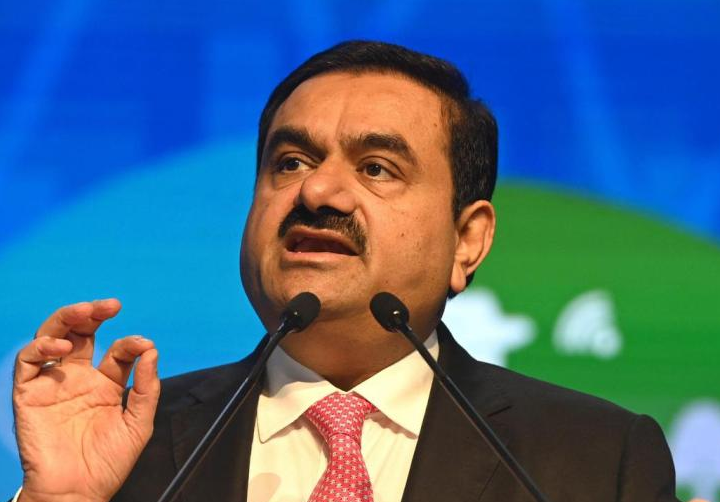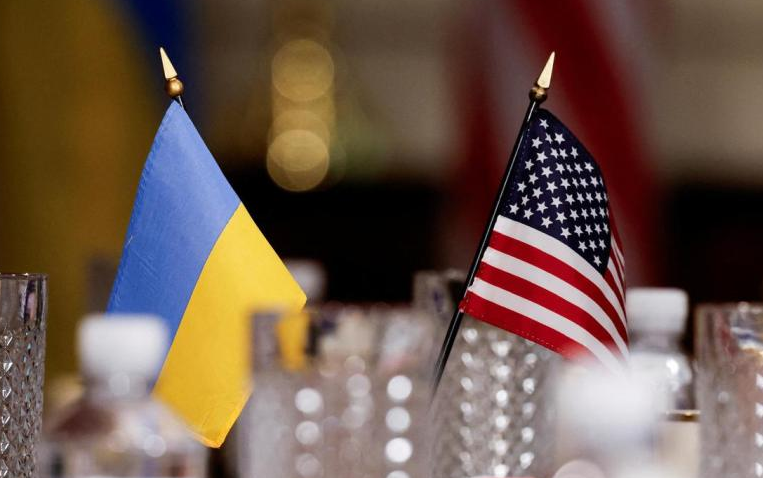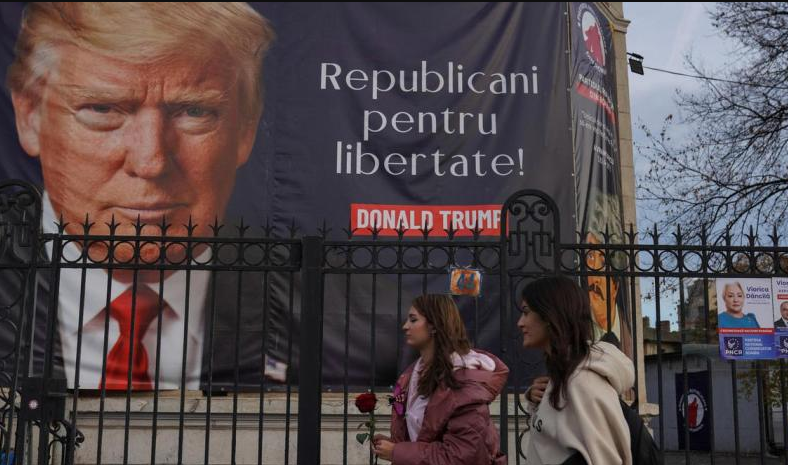
According to reports from Kiev/Moscow, Ukraine launched Storm Shadow cruise missiles, manufactured in the UK, towards Russia on Wednesday. This move comes after the Ukrainian military was granted permission to use another Western weapon, following the US Army Tactical Missile System, for attacks within Russian territory. Simultaneously, Russia launched intercontinental ballistic missiles for the first time against Ukraine, raising concerns of further escalation of the conflict.
The Financial Times cited anonymous Western officials stating that on Wednesday (November 20), the Ukrainian military launched multiple Storm Shadow cruise missiles provided by the UK towards at least one Russian military target. It was noted that during the G20 summit last week, Western officials informally discussed Ukraine using the jointly developed Storm Shadow (known as Scalp in France) missiles as a clear message to Russian frontline soldiers.
The Guardian also reported that the UK has approved Ukraine to launch Storm Shadow missiles into Russian territory as a response to Moscow deploying troops near the Russia-Ukraine border.
Russia confirmed that it was hit by Storm Shadow missile attacks. The Russian Defense Ministry stated on Thursday (November 21) that in the past 24 hours, the Russian military shot down two British-made Storm Shadow cruise missiles.
The Ukrainian Air Force stated that on Thursday, Russia used an intercontinental ballistic missile in attacks on critical infrastructure in the central Ukrainian city of Dnipro. Experts mentioned that this was the first time an intercontinental ballistic missile was used in combat. These missiles have a range of several thousand kilometers and can carry nuclear warheads.
The Ukrainian military reported that Russia also launched a Kinzhal hypersonic missile and seven Kh-101 cruise missiles, with six of them being shot down. Ukrainian President Zelensky later said that experts were identifying the type of intercontinental ballistic missile launched by the Russian military and accused Putin of using Ukraine as a testing ground.
The Ukrainian newspaper Ukrayinska Pravda cited sources reporting that Russia used the RS-26 Rubezh missile with a range of 5800 kilometers. According to a Ukrainian military source speaking to Agence France-Presse, it appears that this missile was not carrying a nuclear warhead, indicating that Putin launched the missile for political purposes. Moscow declined to comment on the matter.
EU foreign affairs spokesperson Stano stated that if confirmed, Russia’s use of intercontinental ballistic missiles signifies a clear escalation by Putin and would bring “quantitative and qualitative changes” to the war. A spokesperson for UK Prime Minister Stammer also remarked that if the reports were true, it would be “another instance of Russia’s descent into recklessness and escalation.”
US Defense Secretary Austin confirmed on Wednesday that the US would provide anti-personnel landmines to Ukraine to help slow down the Russian advance. The Biden administration is also preparing to waive around $4.7 billion in loans provided by the US to Ukraine.
Both Russia and Ukraine are currently trying to gain the upper hand on the battlefield before former US President Trump returns to the White House. According to reports citing former and current Russian officials by Reuters, the Kremlin is open to negotiating a ceasefire with Trump but rules out making significant territorial concessions and insists that Kiev must abandon joining NATO.
Russian Foreign Ministry spokesperson Zakharova stated on Thursday that Russia is prepared to negotiate any realistic peace initiatives. She emphasized, “The key is to consider Russia’s national interests, the current situation, and ensure compliance with relevant agreements.”
Kremlin spokesperson Peskov also mentioned on the same day that Russia is making maximum efforts to prevent a nuclear conflict and hopes that other countries will take a similarly responsible stance. Putin recently approved a new version of the national basic policy for nuclear deterrence, allowing Russia to use nuclear weapons in response to conventional attacks or nuclear strikes threatening its survival.
Harvard University professor Matthew Bunn pointed out that Russia is attempting to use nuclear weapons to intimidate Western countries into withdrawing support for Ukraine. He believes, “The probability of Russia using nuclear weapons in the short term has not increased, but the long-term risk of nuclear war may slightly rise.”







